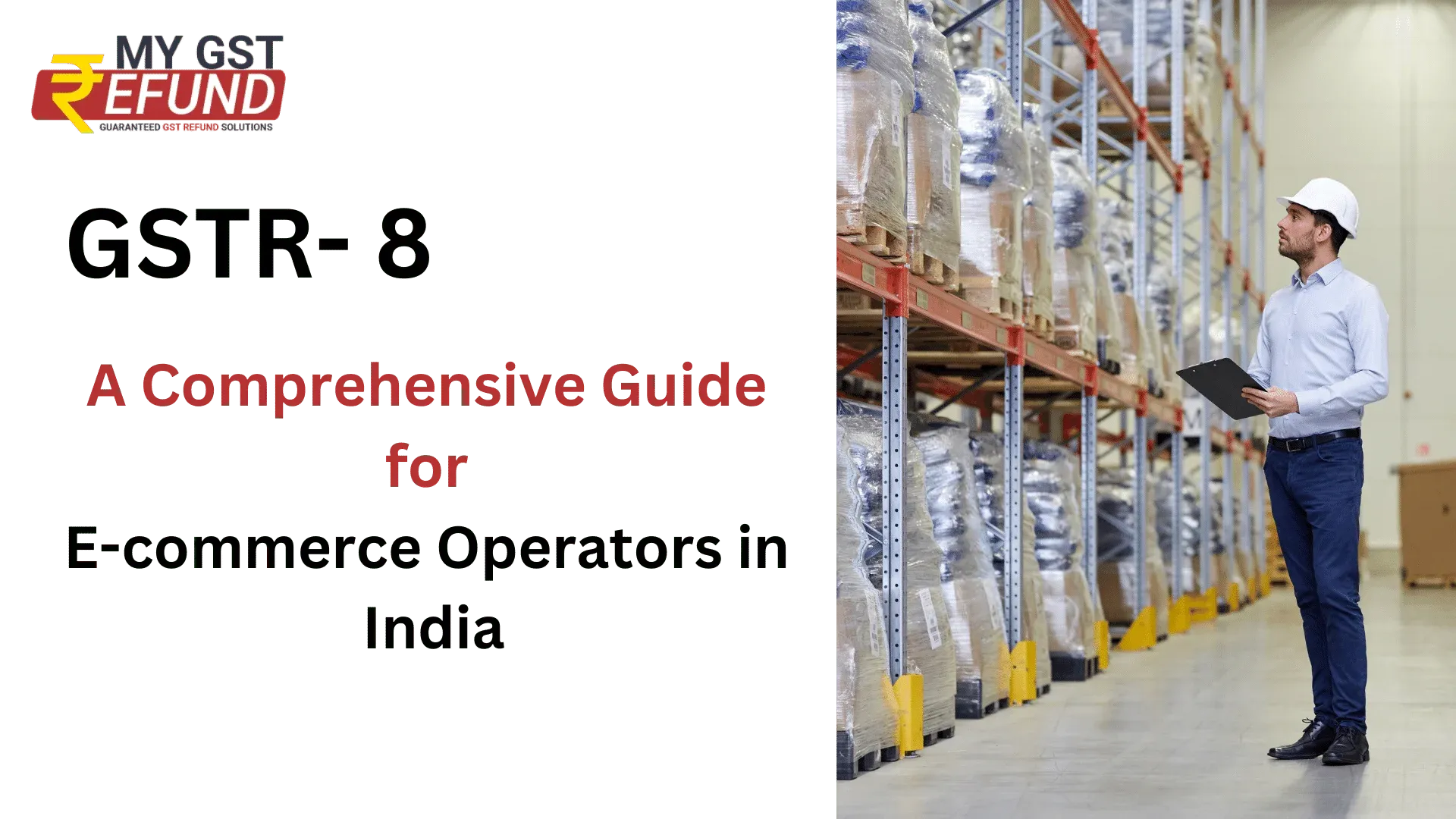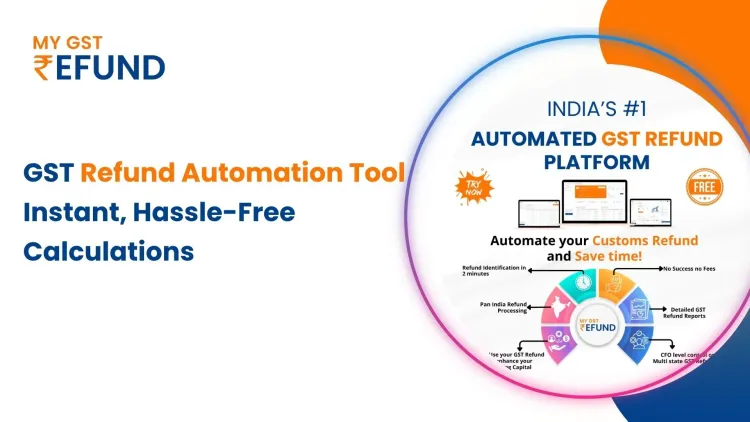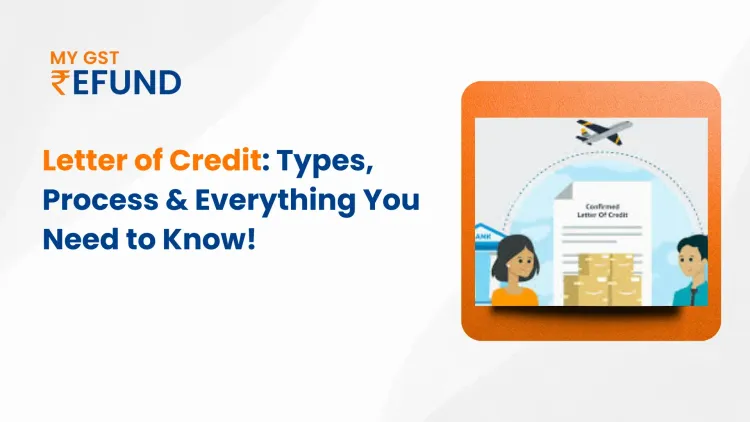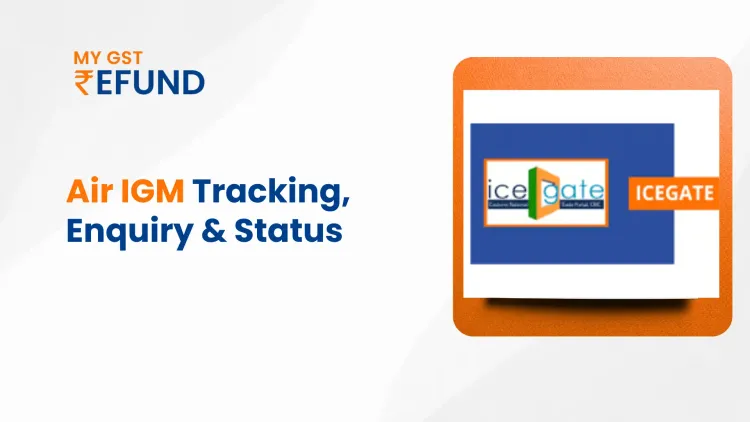GSTR-8: A Comprehensive Guide for E-commerce Operators in India
Published on: Tue Mar 26 2024
Bio (Reveal/Hide)

GSTR-8: A Comprehensive Guide for E-commerce Operators in India
GSTR-8 is a crucial monthly return mandated for e-commerce operators registered under the Goods and Services Tax (GST) regime in India. It essentially functions as a statement of Tax Collected at Source (TCS) on supplies facilitated through their platforms.
What is GSTR-8?
GSTR-8 is a monthly return that e-commerce operators must file with the GST portal. It reports details of taxable supplies made on their platform by both registered and unregistered vendors, along with the amount of tax collected at source (TCS) on these transactions. This data helps the government track the flow of goods and services within the online marketplace and ensure proper tax collection.
Who Classifies as an E-commerce Operator?
An e-commerce operator, for the purpose of GSTR-8, refers to any online platform that facilitates the sale of goods or services between buyers and sellers. This includes marketplaces like Amazon and Flipkart, as well as smaller platforms that connect vendors with customers. Even if the e-commerce operator itself doesn't directly sell products, it's liable to collect TCS on transactions happening through its platform if a certain threshold is met.
When is GSTR-8 Due?
GSTR-8 needs to be filed electronically on the GST portal by the 10th of every month for the previous month's transactions. There's no provision for quarterly or annual filing of GSTR-8.
Why is GSTR-8 Important?
GSTR-8 plays a vital role in ensuring transparency and accountability within the e-commerce ecosystem. It helps the government:
- Track the value of supplies happening through online platforms.
- Collect TCS efficiently from sellers registered under the GST regime.
- Identify unregistered vendors who may be liable to register under GST.
Process for Filing GSTR-8
The process for filing GSTR-8 involves the following steps:
- Login to the GST portal using your credentials.
- Navigate to the 'Services' section and select 'Returns' followed by 'Returns Dashboard'.
- Choose the relevant financial year and month for which the return needs to be filed.
- Enter the required details like supplies made by registered and unregistered vendors, tax collected at source, etc.
- Once all details are entered, validate and digitally sign the return using a Digital Signature Certificate (DSC) or Electronic Verification Code (EVC).
- Finally, submit the GSTR-8 form.
Penalty for Not Filing GSTR-8
Failing to file GSTR-8 within the due date attracts a late filing fee as per the GST Act. The penalty can be a fixed amount or a percentage of the tax liability, depending on the delay. Consistent non-compliance can also lead to stricter actions like account suspension.
Revising GSTR-8
There's a provision to revise GSTR-8 in case of any errors or omissions. The revised return needs to be filed within three years from the original due date.
Details to be Provided in GSTR-8
GSTR-8 requires details like:
- GSTIN of the e-commerce operator
- GSTIN of suppliers (if registered)
- Details of supplies made by registered and unregistered vendors
- Taxable value of supplies
- Rate of TCS applicable
- Amount of TCS collected
FAQs
What happens if an e-commerce operator is not liable to collect TCS?
Even if the TCS threshold isn't met in a particular month, e-commerce operators are still required to file a nil GSTR-8 return.
Can a registered taxable person under the composition scheme sell on an e-commerce platform?
Yes, as of now, e-commerce operators can allow registered persons under the composition scheme to sell through their platforms. However, TCS won't apply to such sales.
Q: Are there any resources available to help with GSTR-8 filing?
The GST portal offers a user guide and FAQs section specifically for GSTR-8 filing. Additionally, many tax consultants and accounting firms provide assistance with GST return filing.
Also Read- TCS Refund Under GST: Impact on E-commerce and Other Businesses
Related Posts






